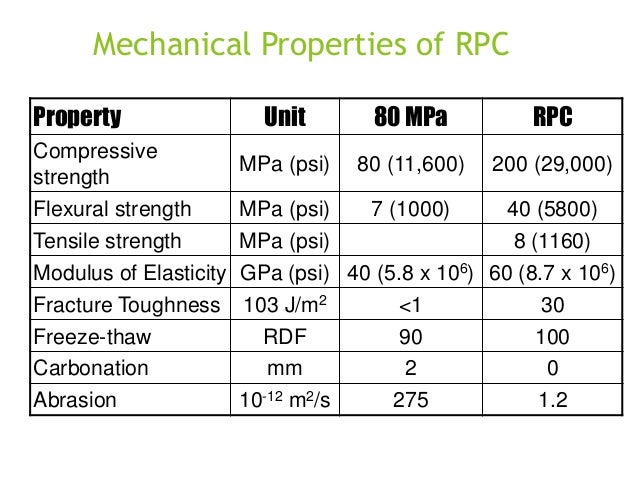
Higher psi concrete generally has a lower water-cement ratio, which makes it stronger but also more difficult to work with. There is little benefit to using concrete with a higher psi rating than recommended for the intended use. If the driveway will support heavy vehicle traffic (such as an RV or truck) or be exposed to frequent freeze-thaw cycles, a 4000 psi rating or even higher may be recommended for maximum durability. When choosing the best psi rating for a driveway, it’s important to consider the weight of the vehicles that will be using it as well as climate conditions. For a standard residential concrete driveway or garage floor slab, a range of between 30 psi is often required to provide the necessary load-bearing capacity to support vehicle traffic (see table). For concrete slabs that will bear lighter loads, such as sidewalks, patios, steps, and interior flatwork, a minimum of 2500 psi may be sufficient. The minimum compressive strength requirements for residential concrete are often set by local building codes. What is the best psi for driveways and other residential concrete? Although concrete will continue to gain strength after 28 days, enough hydration has taken place during this time frame to provide a good estimate of the final strength. Note that concrete cylinders are usually tested 28 days after casting as a quality-control check to determine if compressive strength levels are acceptable. Generally the higher the psi rating, or the weight under which a square inch of concrete surface area will fail, the stronger and more durable the concrete will be.
#PSI MEANING IN CONCRETE CRACK#
These tests are conducted on cylindrical concrete specimens (per ASTM C39) using a machine that compresses the cylinders until they crack or break completely (see Concrete Testing Procedures). Testing is the only way to determine whether a concrete mix has enough compressive strength, or load-bearing capacity, for the intended use. How do you test the compressive strength of concrete? Understanding what the different psi ratings mean is essential for specifying the right type of concrete for your project. It is a reliable indicator of how it will perform under heavy loads or internal pressures caused by freeze-thaw cycles. The compressive strength of concrete refers to how many pounds per square inch (psi) it can handle when force is applied. Other materials: Some concrete additives and materials like steel reinforcing bars or reinforcing fibers increase concrete strength.Concrete is known to be strong and long-lasting, but just how strong it needs to be to do its job varies, depending on the application. Though the concrete may seem hard, it will fail more quickly if it is not able to cure completely (concrete sets within 24-48 hours, but won’t cure for around 28 days).


Weak aggregates make weaker concrete, while strong aggregates result in stronger concrete.Ĭuring: If concrete is allowed to dry out while curing, the hardening process will stop, and the concrete will be weaker. Strong aggregates: Aggregates are the larger stones used in concrete, bonded together by the cement. The more porous the concrete, the weaker it will be.

Air voids are an obvious and easily-visible example of pores in concrete. You must find the right balance to achieve the desired strength while maintaining workability.Ĭoncrete porosity: Voids in concrete can be filled with air or with water. Water-to-cement ratio: A lower water-to-cement ratio makes for stronger concrete, but it also makes the concrete more challenging to work with.


 0 kommentar(er)
0 kommentar(er)
